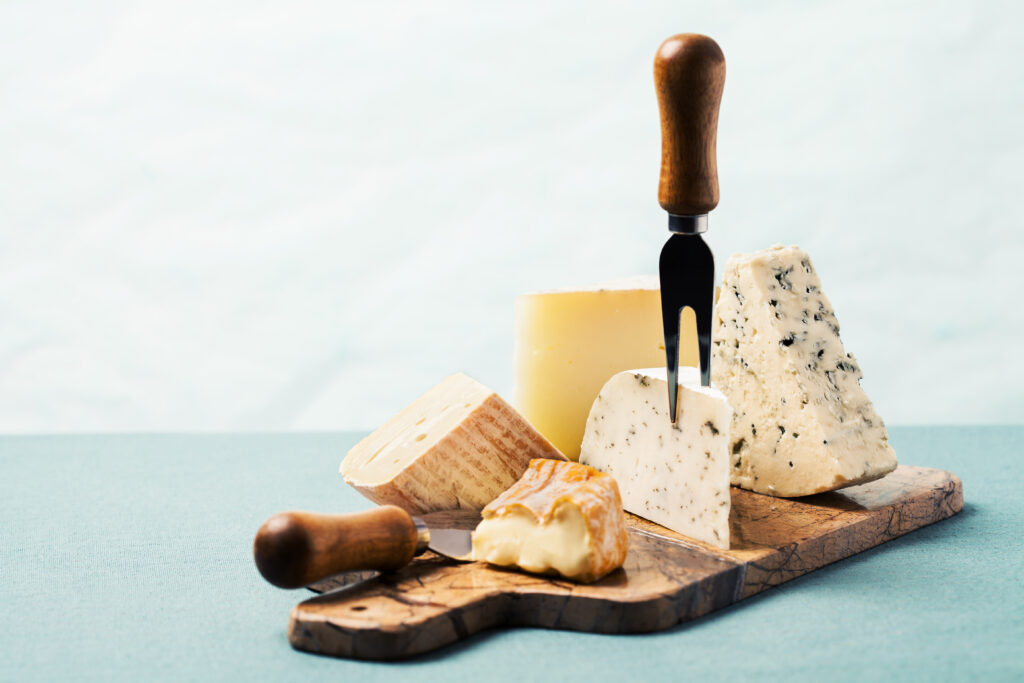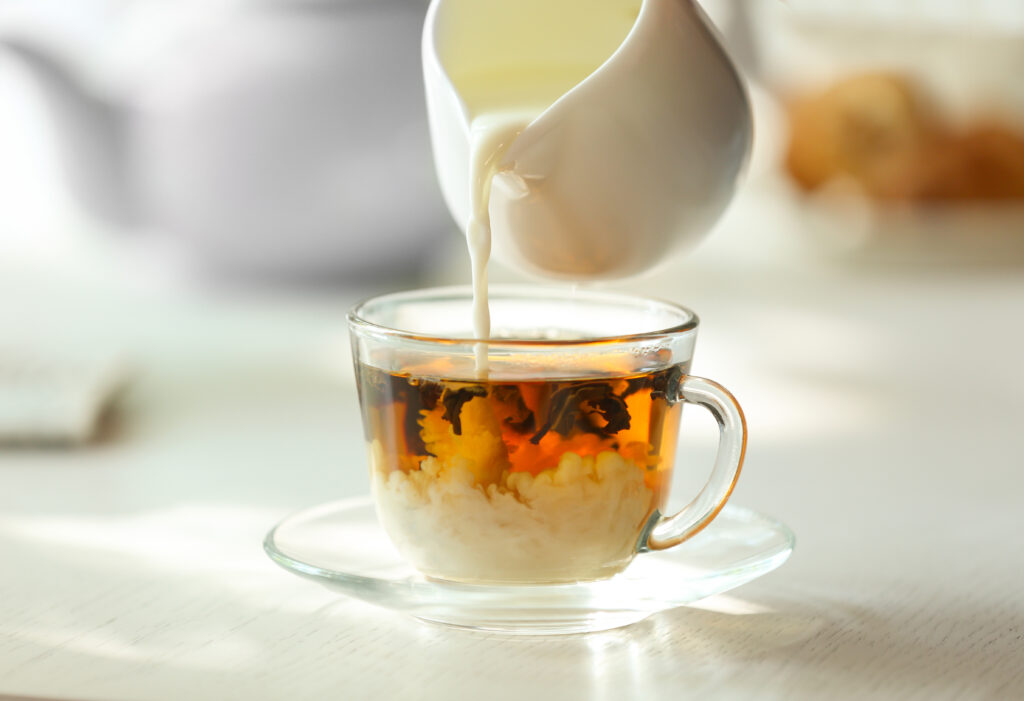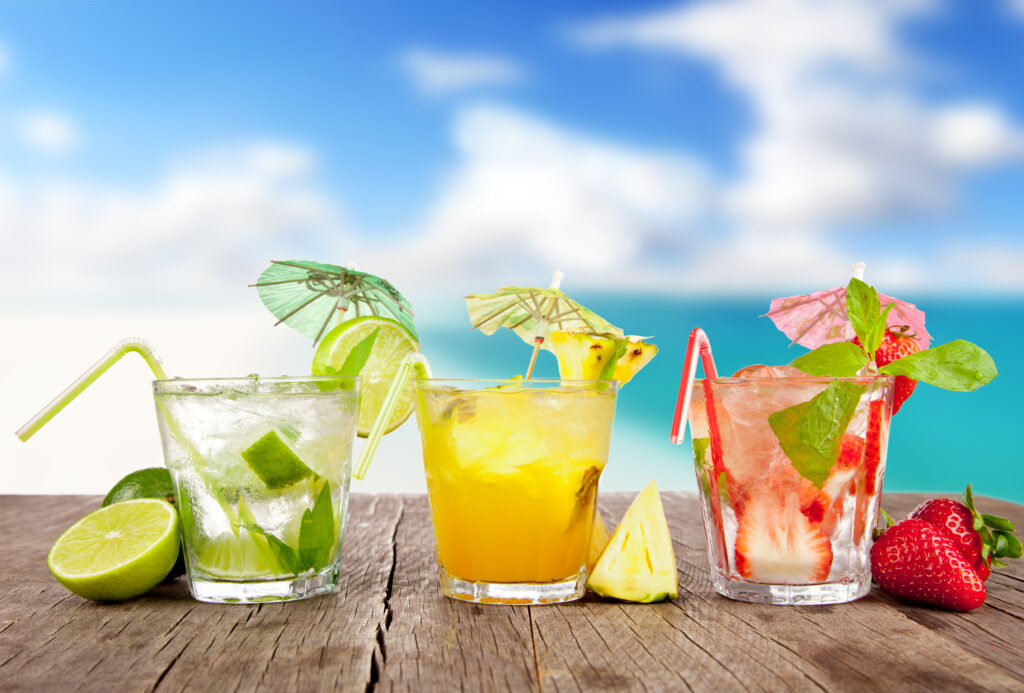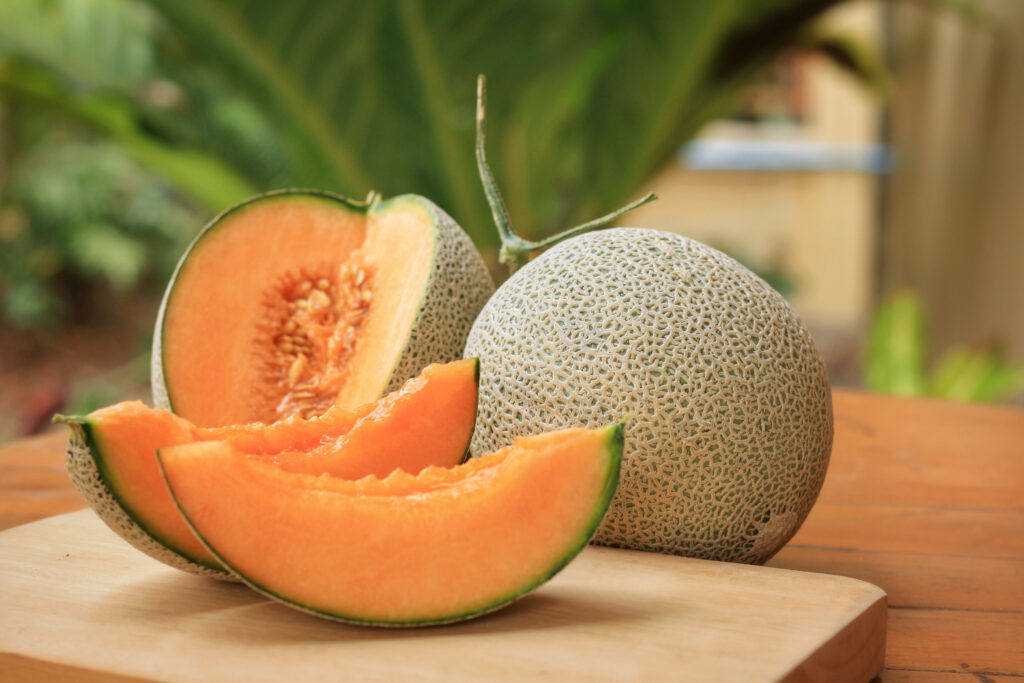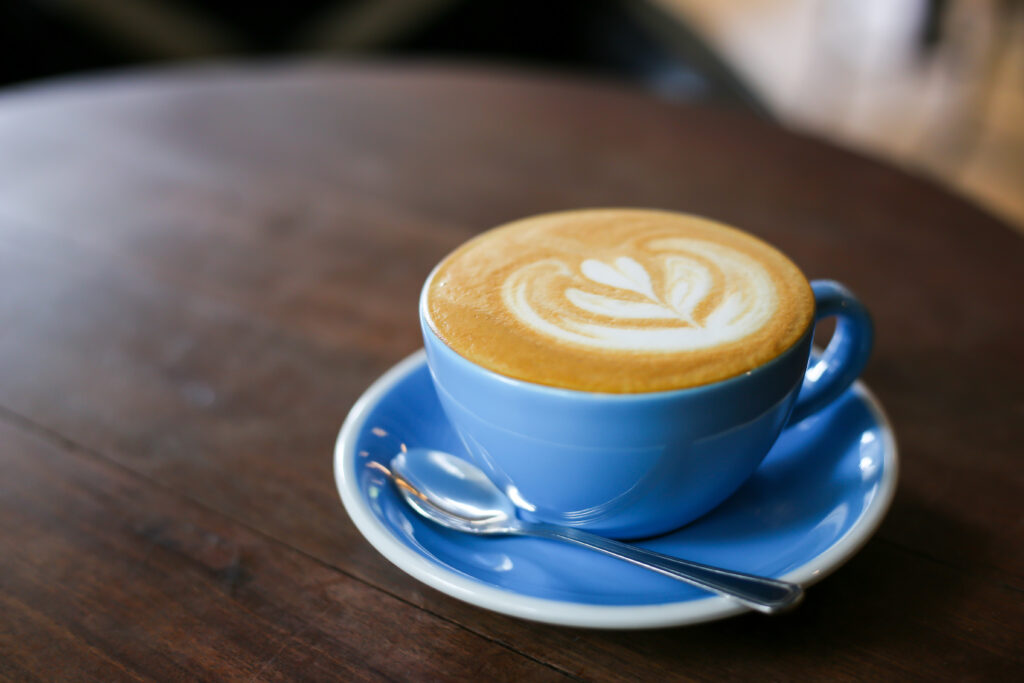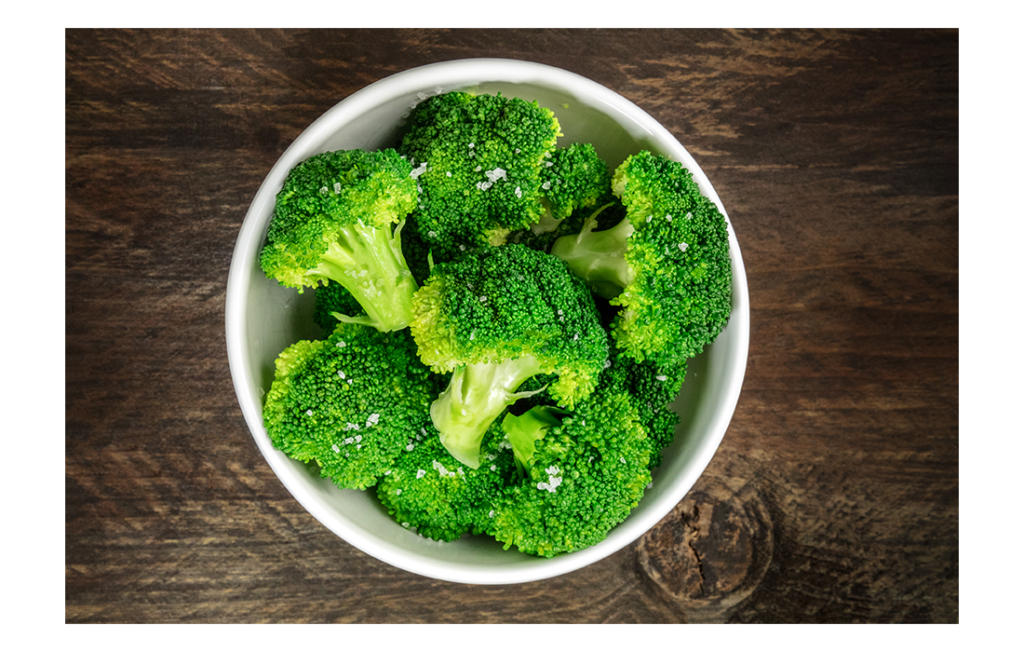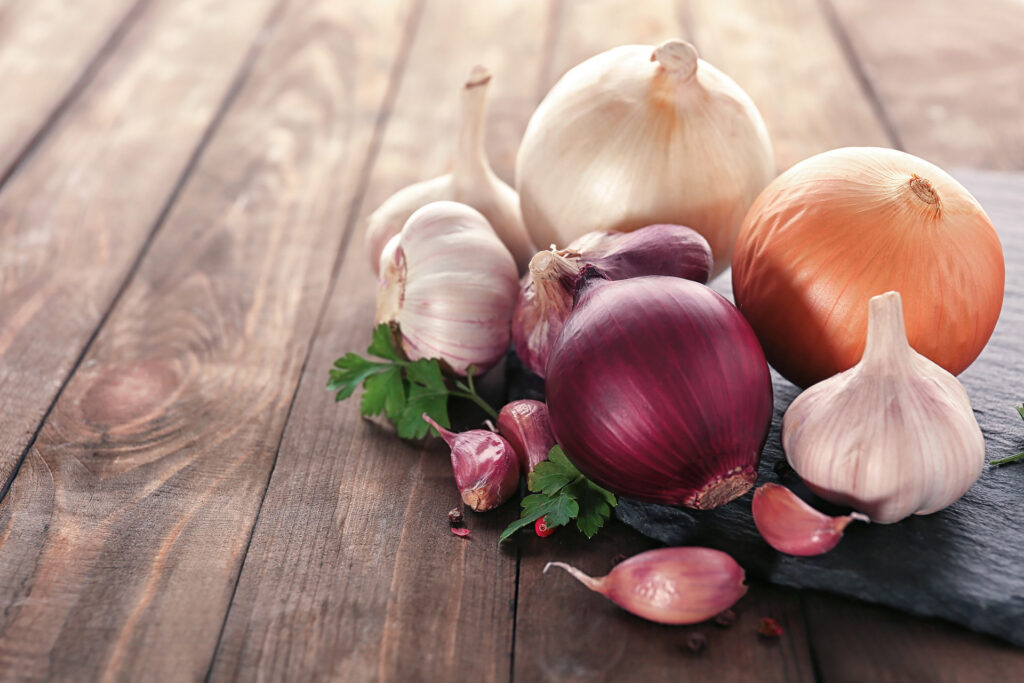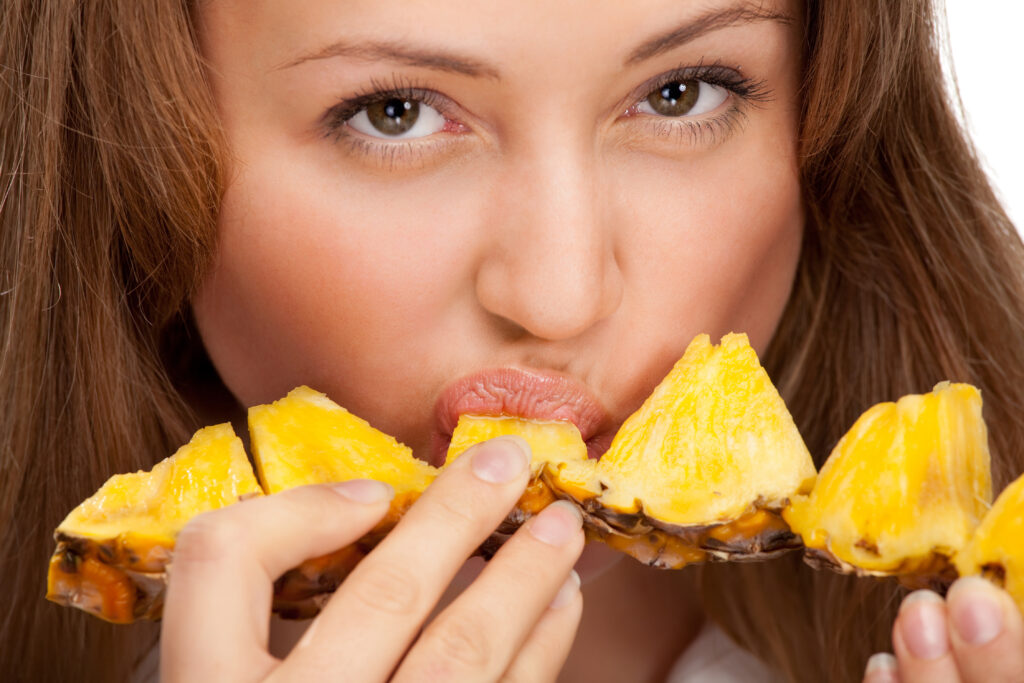5 Foods And Drinks To Avoid If You Have Hay Fever
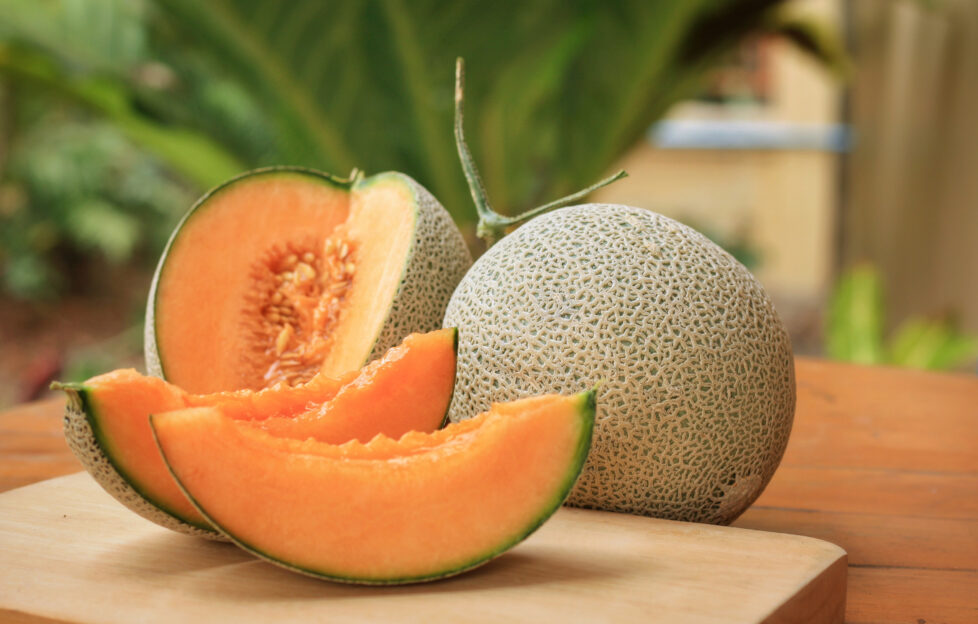
By Margo Marrone, Co-Founder of The Organic Pharmacy
After a wet and miserable spring, Brits have been counting down the days until June 21, aka the first day of summer! But the arrival of summer unfortunately means the arrival of hay fever season, too.
Hay fever is incredibly common in the UK, affecting up to 37% of adults, 57% of whom report experiencing sleep problems thanks to their condition. And to make matters worse, hay fever is expected to become more extreme and impact more people in the coming years, thanks to climate change. This is because climate change is predicted to change the potency of pollen, and the season will last for longer as weather patterns change.
The good news is that there are a number of ways to manage your reactions to hay fever season, one of them being watching what you eat. You may be surprised to hear just how much the food you consume can impact your reaction to hay fever. Some foods can alleviate the symptoms, and make allergy season much easier. But others can do more harm than good and make your reactions even worse. To help you make the most of this summer, the wellbeing experts at The Organic Pharmacy are here to tell us which foods hay fever sufferers should avoid this season.
Aged cheese
Sorry to any cheese lovers, but aged cheese is actually one of the worst foods you can have for your allergies. This is because it often contains histamines — as you can probably guess by the name, this is the stuff hay fever sufferers must try to avoid at all costs. These histamines are created by bacterial microbes, which grow on the rind of aged cheese to help it ripen and protect it from harmful pathogens.
Dairy
Unfortunately, aged cheese isn’t the only dairy food that hay fever sufferers need to avoid. Most types of dairy can make the symptoms of allergic reactions more severe. It does this by increasing the body’s mucus production, which makes it even more difficult to get rid of the blocked nose that comes with hay fever.
The good news is that there’s now a wide range of dairy-free products on the market, some of which are fine for hay fever sufferers. For example, rather than using cow’s milk in your tea, opt for almond milk instead, as this can actually reduce the amount of mucus your body produces.
Alcohol
Another great way to lessen the impact of hay fever is to cut back on alcohol. Many types of booze contain histamines that make allergies even more severe. The sulphites that are found in many types of alcohol are also bad news, as they can worsen symptoms too. If you want to enjoy a drink without triggering your allergies, opt for gin and vodka, as these spirits have the lowest levels of histamines. Plus, they’re perfect summer drinks!
Melon
As refreshing as this tasty fruit is, unfortunately it can cause bad reactions in some hay fever sufferers. Pollen-food syndrome (otherwise known as oral allergy syndrome) is a form of hay fever that is triggered by certain types of pollen, the three main ones being birch, grass, and ragweed. Some foods (usually fruit and veg) contain protein that is similar to these types of pollen. When people with pollen-food syndrome eat them, their body mistakes these foods for the pollen, which causes a reaction. Symptoms of this form of hay fever include swollen lips, an itchy mouth, and an itchy inner ear.
Melon is a major trigger for people with pollen-food syndrome, as it is bad for those who are sensitive to both grass and ragweed pollen. But there are many other foods that may trigger this allergy too, such as celery, bananas, and pitted fruits.
Coffee
Unfortunately, hay fever sufferers will have to find another way to perk themselves up in the mornings, as coffee is another drink that must be avoided. As well as triggering the release of the hay fever sufferer’s enemy, histamine, it has been found to cause liver congestion, which makes symptoms even more severe. Swap your morning coffee for a cup of chamomile tea, as this clears the excess mucus that hay fever triggers, and keeps sinuses clear. And if you still need a pick-me-up, opt for natural energy-boosting supplements to keep you going throughout the day.
What to have instead
Although it seems like there are a lot of things to avoid as a hay fever sufferer, there are still plenty of tasty foods that aren’t just perfect for summer, but can help ease hay fever symptoms too. Anti-inflammatory foods, such as berries, fish, and broccoli, are great at keeping swelling down. Pineapple is another tasty hay-fever reliever, as it is full of enzymes that soothe inflammation. And if you end up in the dreaded situation where you run out of antihistamines, opt for onions! They contain a natural antihistamine called quercetin, which calms down the cells reacting to the allergens.
“As much we’ve been looking forward to summer finally arriving, it’s not fun and games for everyone. Hay fever can be a serious hassle, and can sometimes make it difficult to enjoy the summer months to the fullest. Food can have a major impact on our body’s reaction to pollen. Although this can be frustrating, it can actually be beneficial too. If we know what to eat and what to avoid, it becomes a lot easier for us to manage our symptoms.
“Watching what you eat isn’t the only way to manage your reaction to hay fever. As a skincare brand, we know just how irritating pollen can be to both your skin and overall health. To prevent irritation, opt for soothing creams and moisturisers, made with natural ingredients, to calm and hydrate the skin. And make sure to try out tinctures and homeopathic remedies as well, to treat your hay fever in a natural and holistic way.”

